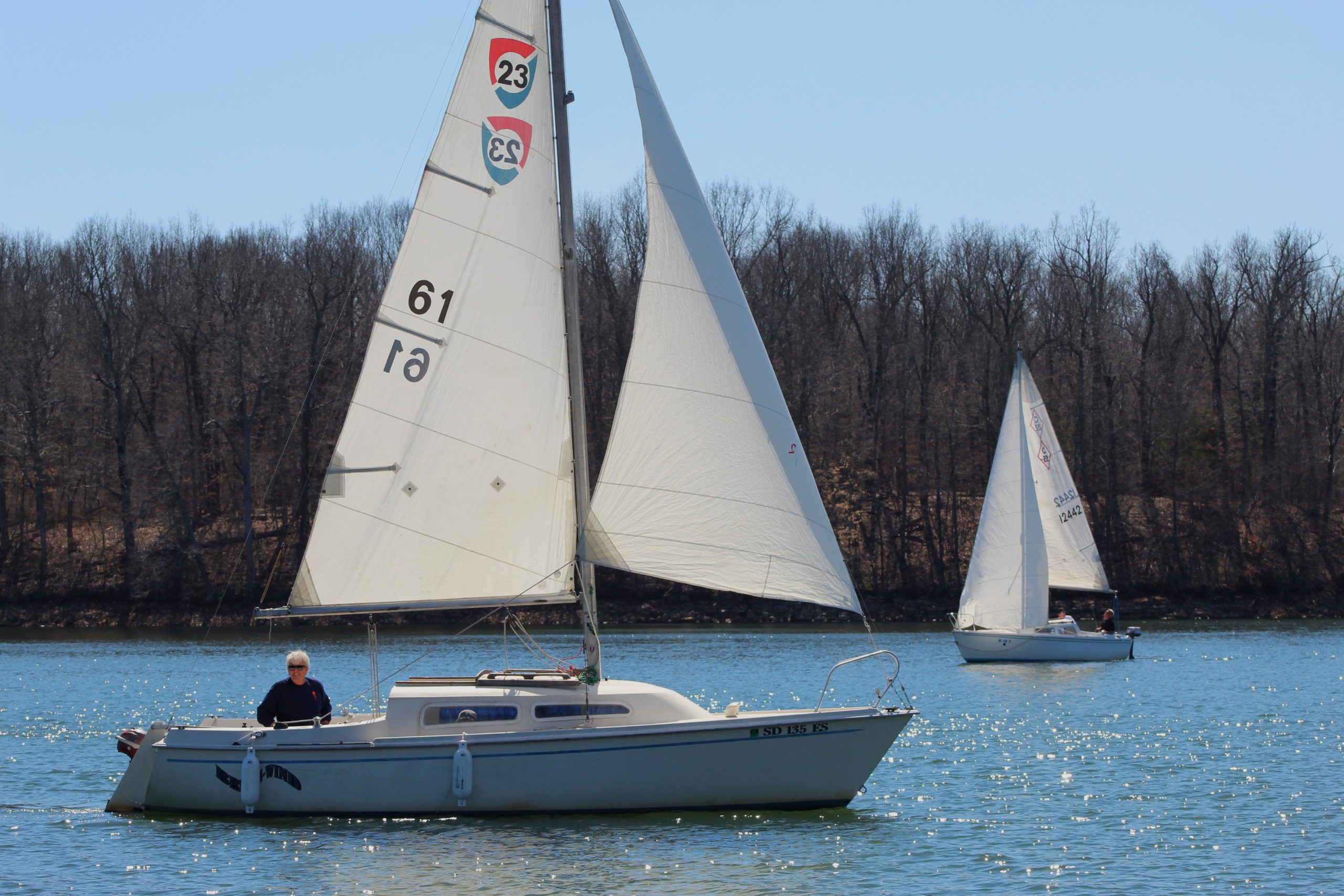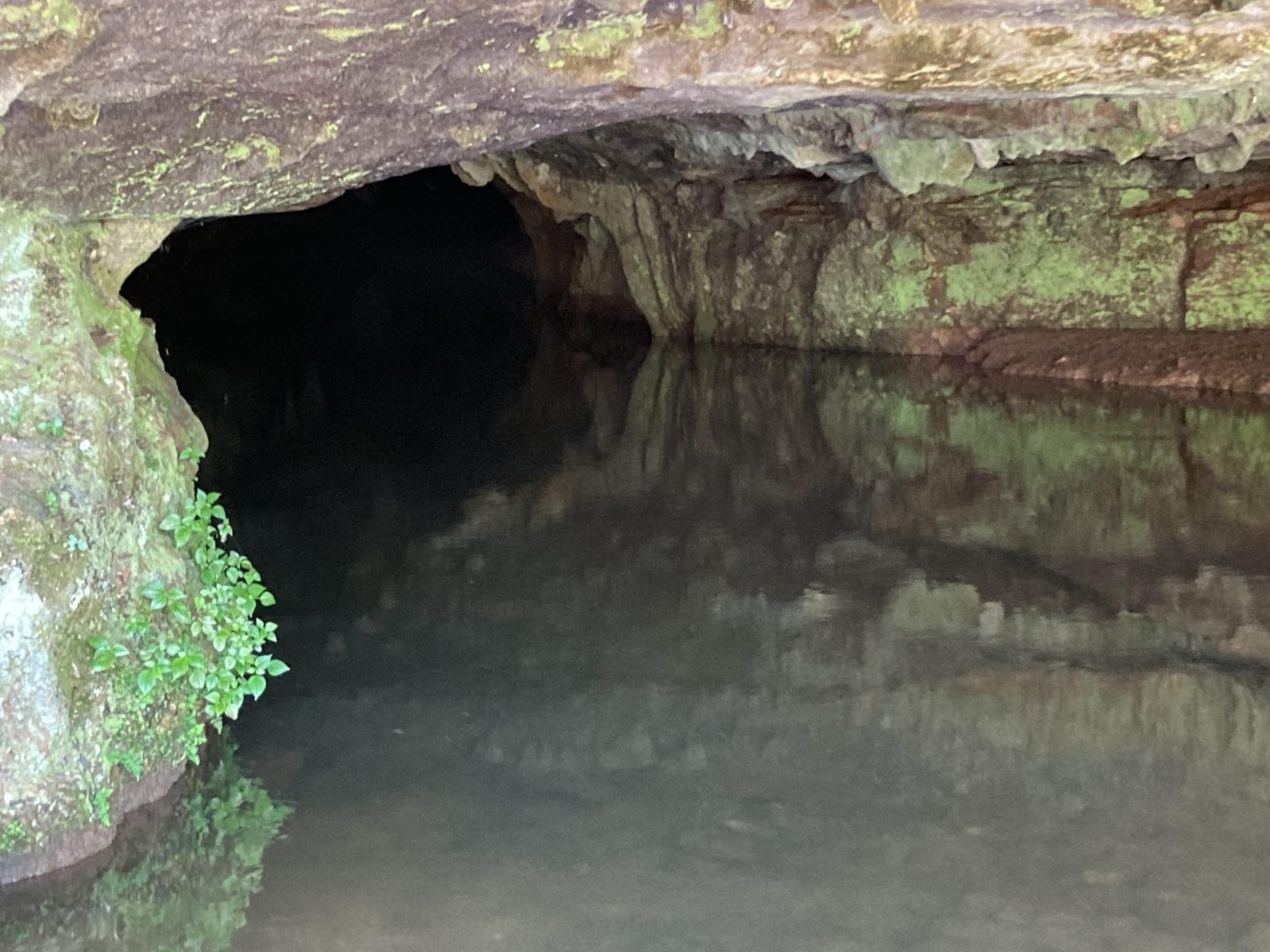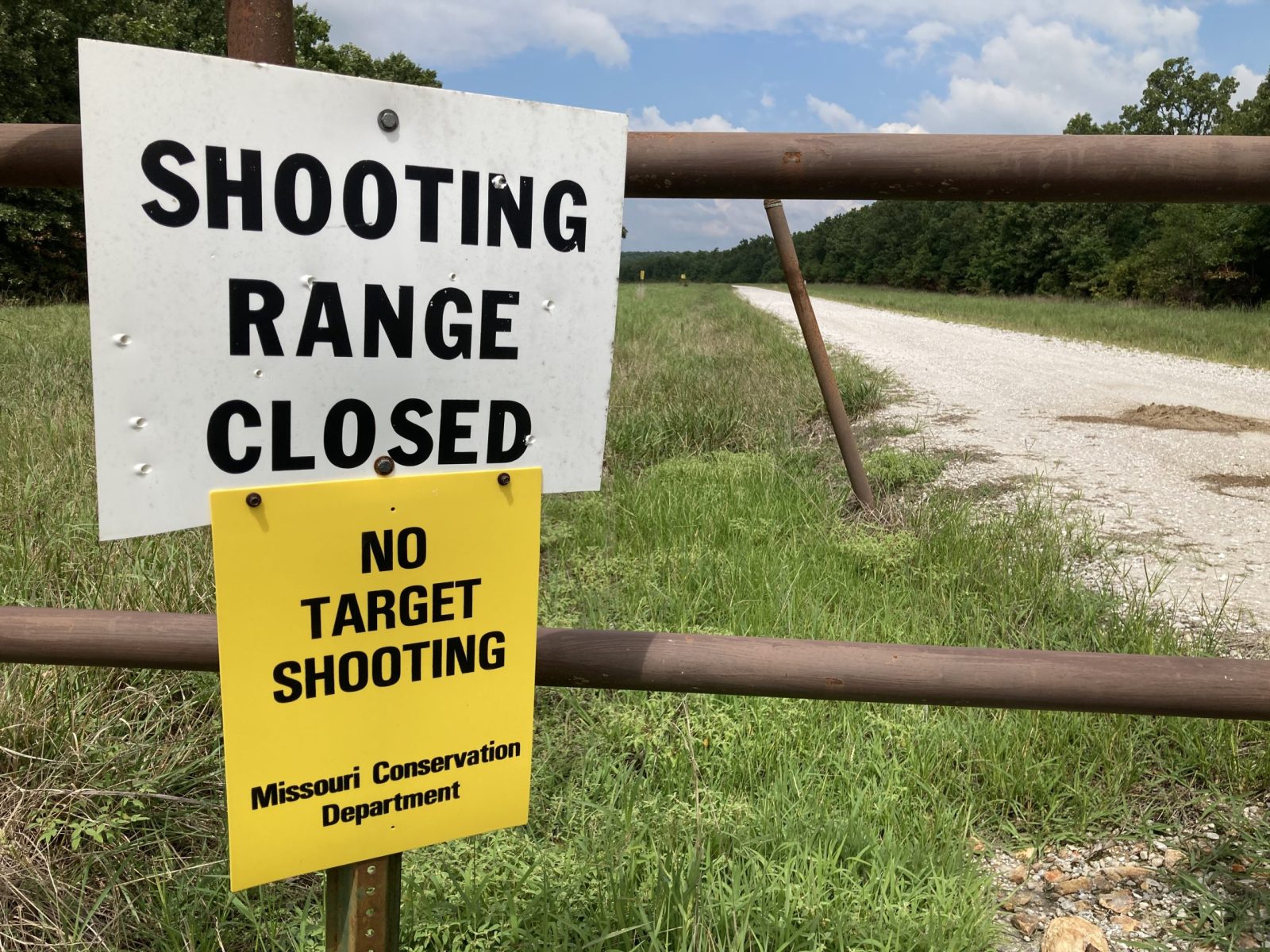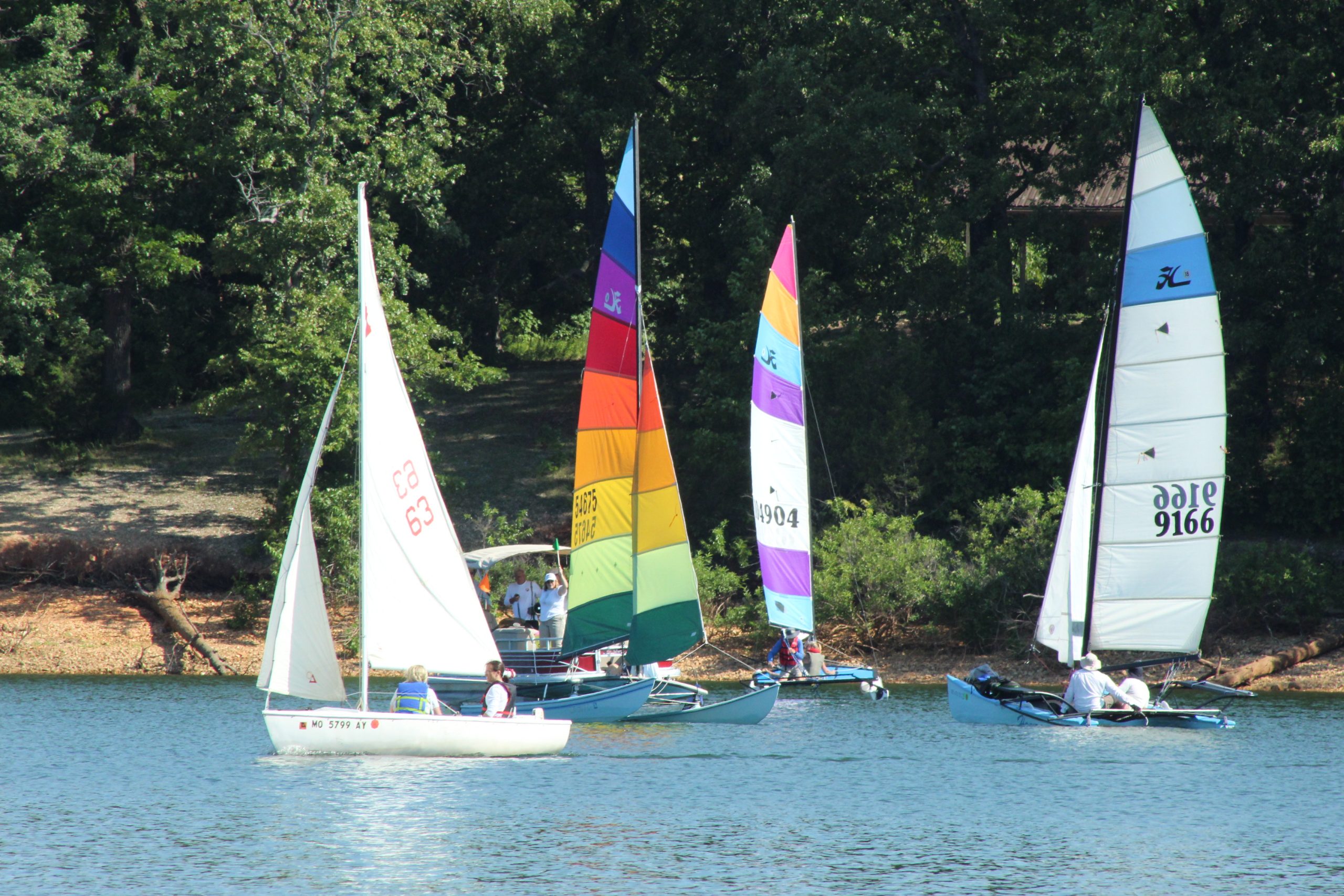Stand-up paddleboarding might soon be the newest fun thing to do at Fellows Lake north of town.
But, alas, probably no more water skiing at the lake.
Last week, the City Utilities board unanimously approved several new park and recreation regulations that apply to utility properties.
The changes now go before the Springfield City Council for a first reading on September 6, and a vote on September 19. If the council approves, the new regulations would go into effect the following day.
Fellows Lake Marina has heard numerous requests for the lake to allow paddleboarding, according to marina manager Matt Taylor.
“We have at least 15 customers who regularly call and ask if they can bring their paddleboards to the lake yet,” Taylor said.
“We'll have 10 stand-up paddleboards ready to be rented the second they're approved. These are 11-12 footers that will give people a taste of what paddleboarding is like.”
Bob Wilson, CU director of water operations, said it was time for the utility to update its regulations regarding the lake — a key water supply source for Springfield — while also accommodating new interest in the lake as a recreation spot for Springfield.
‘New era of recreation activities'
CU previously worked with several partners to bring 25 miles of multipurpose mountain biking and hiking trails around the perimeter of the lake, a project known as Dirt 66.
“We want to ensure we have regulations in place that protect the water supply,” Wilson said. “But there's a new era of recreation activities that were identified in our lake master plan. We really wanted to listen to the community, and we heard over and over that people wish we could have stand-up paddleboards out there.”
Story continues below
related story
You can now rent a sailboat — and take sailing lessons — on Fellows Lake
It has been years since anyone could rent a sailboat or take sailing lessons at Fellows Lake. But a core group of sailboat enthusiasts hopes to revive the sport of sailing in a big way this spring, thanks to the new managers of Fellows Lake Marina.
Wilson said CU looked at what other utilities had done with their water reservoirs and concluded paddleboarding was a very low threat to the city's water supply lake.
CU does not allow swimming at Fellows Lake, and Wilson said it will be up to paddleboarders not to bend the rules if the council gives them access to the lake.
“We do have the ability to curtail it if we see people falling off their paddleboards to get wet and go swimming,” Wilson cautioned.
Water skiing could go at Fellows Lake
Another change the council will consider is ending water skiing at Fellows Lake. Wilson said the lake has a 40 horsepower limit on outboard motors, but water skiing has been allowed for many decades, perhaps as far back as 1957, when CU took control of the lake.
Very few people try to water ski at Fellows anymore, Wilson said. The motor limit and requirement to have two adults aboard to drive and act as spotter makes it impractical to get a water skier up unless it's a child.
The significant increase in kayak, canoe and sailboat activity at the lake — Wilson called them “silent sports” — also weighed on the CU board's decision to recommend an end to water skiing.
“There were a couple of things, like the human contact with the water while skiing, but also a huge increase in the popularity of self-powered craft on the water,” he said.
Water skiing is a high-speed activity that wouldn't mix well with the growing numbers of paddle crafts at the relatively small 820-acre lake.
Day camping at Fellows Lake
Moving from the water to shore, the CU board considered and voted to recommend allowing day camping at Fellows Lake, though it rejected any overnight camping. The lake has always only been open from sunrise to sunset.
“There was some initial concern about day camping that some might dump their gray water or black water from their RVs, and that could affect the lake, but we already have regulations that address that,” Wilson said. “Allowing people to set up an area and day camp makes sense. You can have a center of operations while people go kayaking or biking and have a camp to go back to to make their day more comfortable.”
Day camping hasn't been specifically addressed in previous regulations, Wilson said.
“We wanted to try to make it more clear on what's allowed and what's not,” he said.


